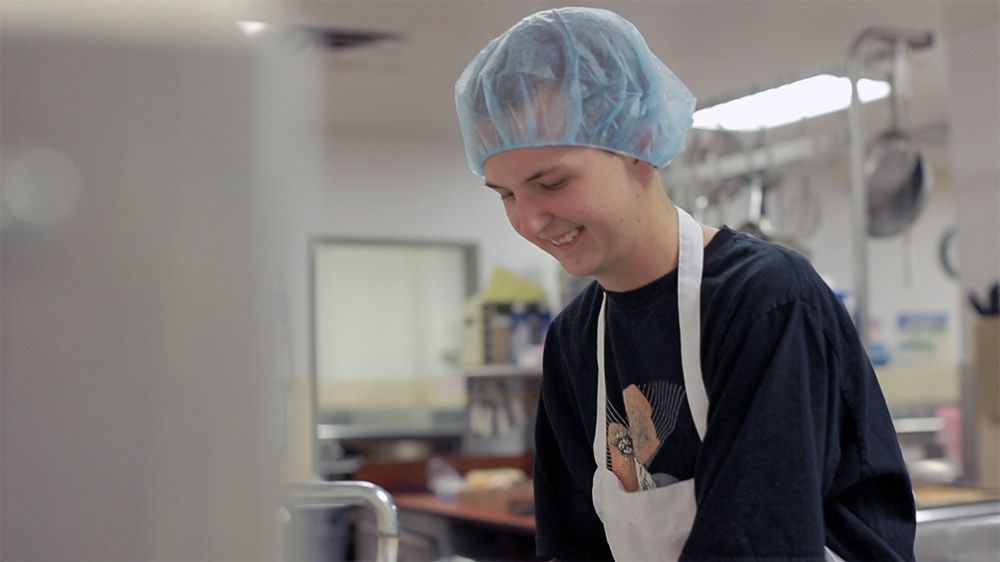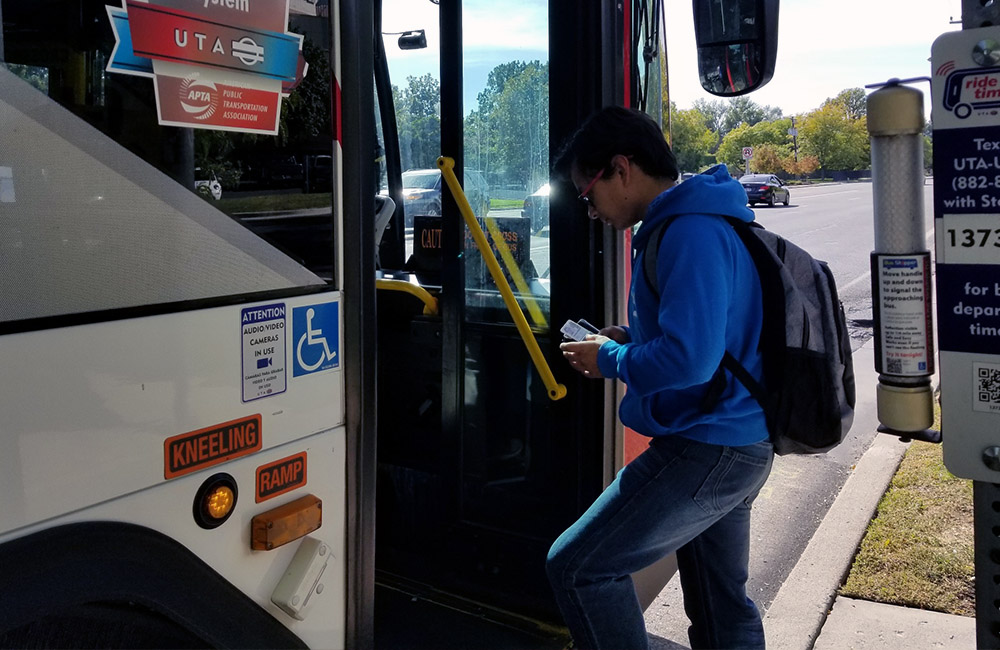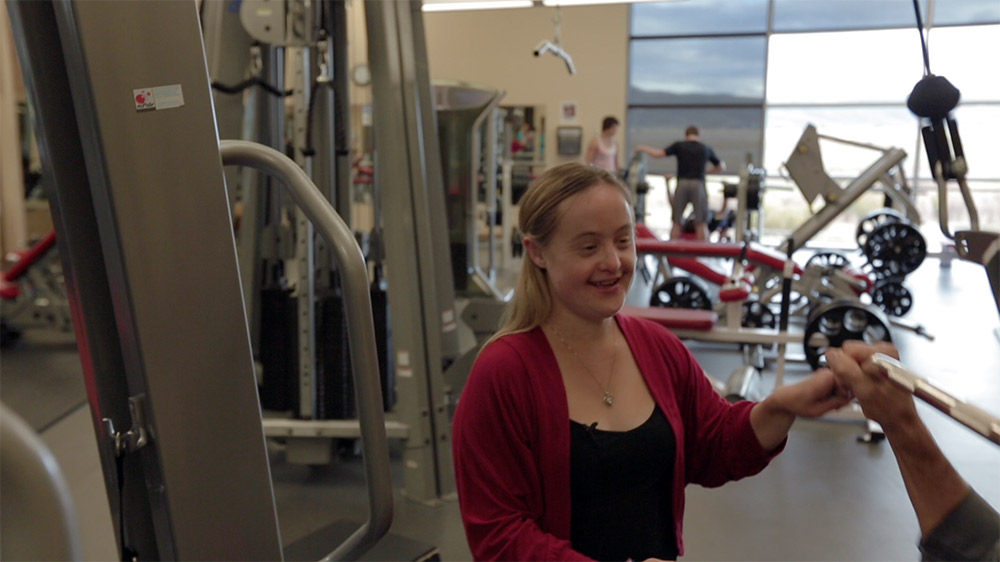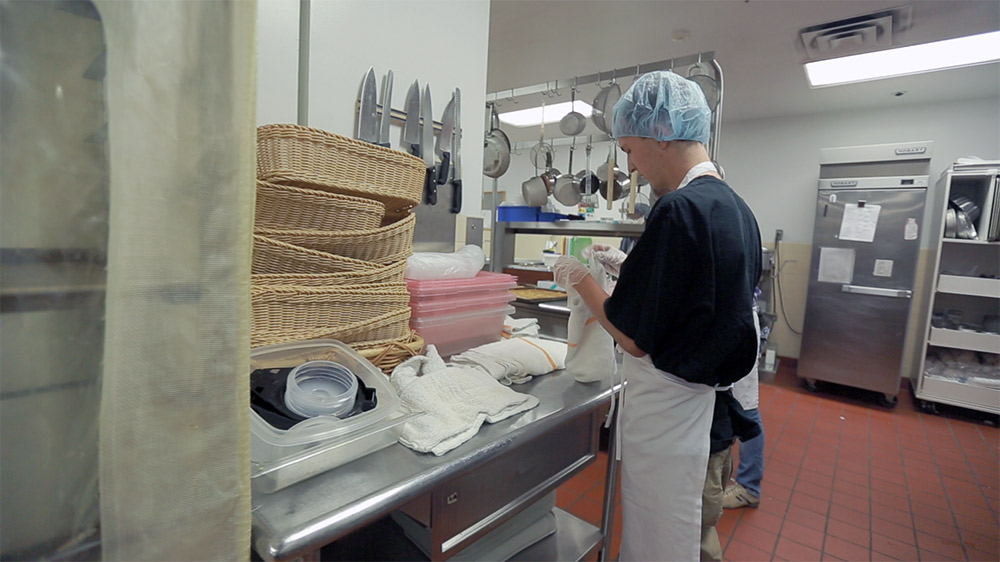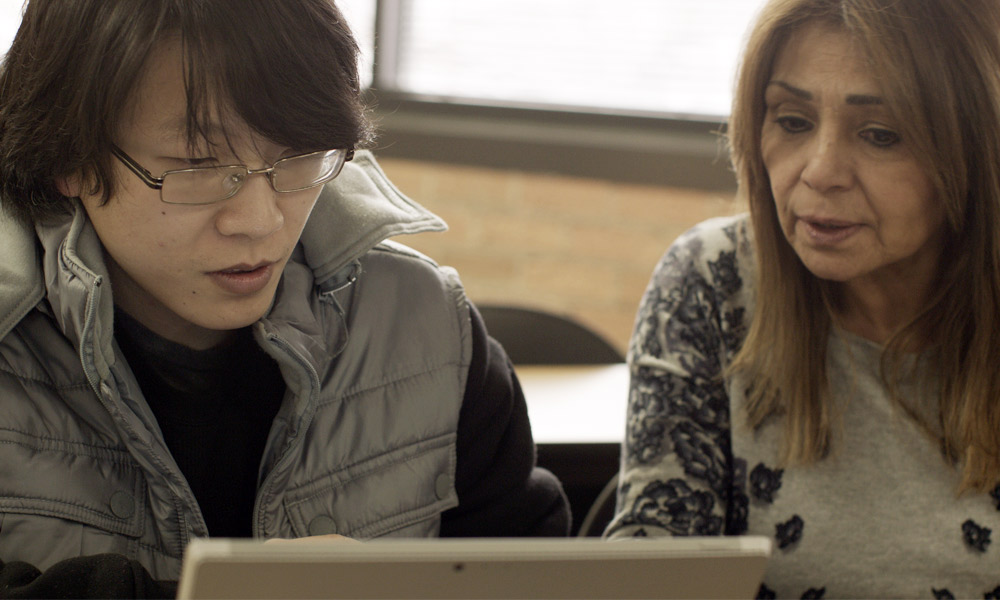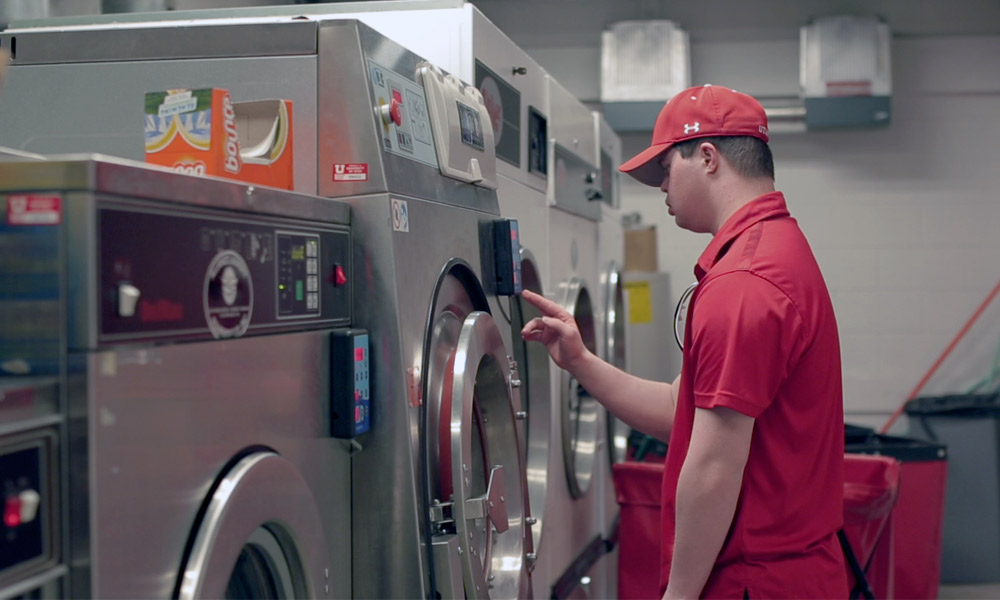Having a strong work ethic means understanding the importance of work and of being diligent or working hard. A person who does not care about work won’t have the strong work ethic that employer’s value.
One of the best ways to teach the value of work is through chores at home. Make a daily chore list of what you expect youth to do. Explain that every member of a household has a responsibility to pitch in and help.
Any time a child or young adult practices setting a goal and completing it, the youth is learning about having a strong work ethic.




